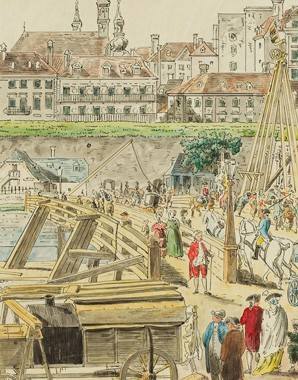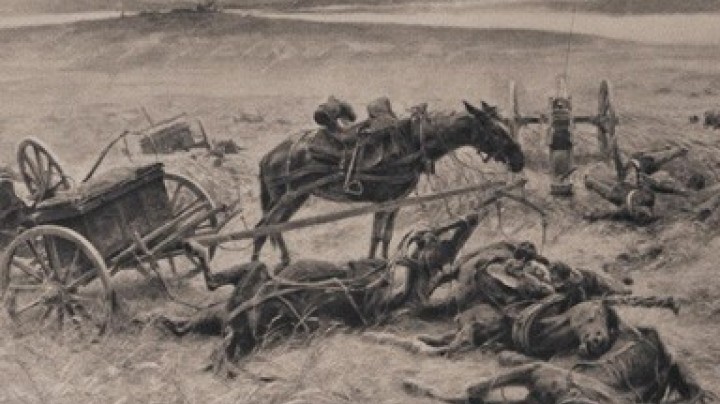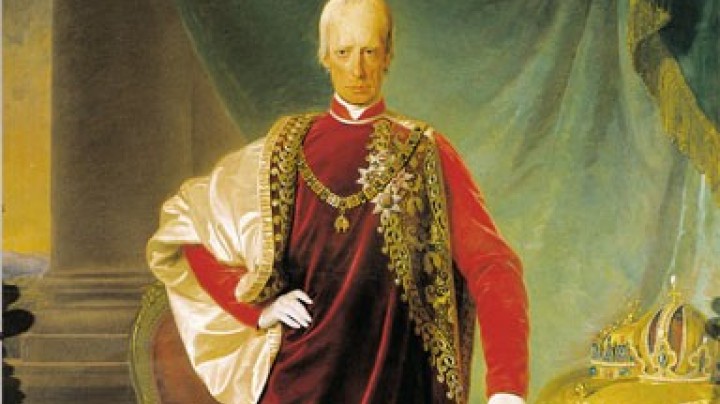Tax matters – State revenue
Before the gates of the city everything came to a stop: all those who wanted to enter Vienna had first to take out their wallets and purses – and pay up.
The financial watchmen were posted in front of the gates to the city and imposed the so-called consumption tax (Verzehrsteuer) on everyone who wanted to go into Vienna. This tax was levied primarily on foodstuffs, but also on other products. In Vienna there were over 220 articles of everyday consumption that were subject to this tax – out in the countryside there were just seven: wine, fruit juice, beer, brandy, sugar and cattle for slaughter. Hence at a stroke many foodstuffs and products became more expensive when they were brought into Vienna. It was the poorer sections of the population who were particularly affected by the consumption tax, because they were hit hardest by this tax imposed on food. The Monarchy’s taxation policy was the subject of many caricatures criticizing the expensive army and administration which the population had to finance.
The most important sources of revenue for the state were taxes, customs duties, fees and monopolies (e.g. salt, tobacco, lotteries). In addition to indirect taxes like the consumption tax, stamp duty and tolls there were also direct taxes on the ownership of land and buildings as well as on income.















